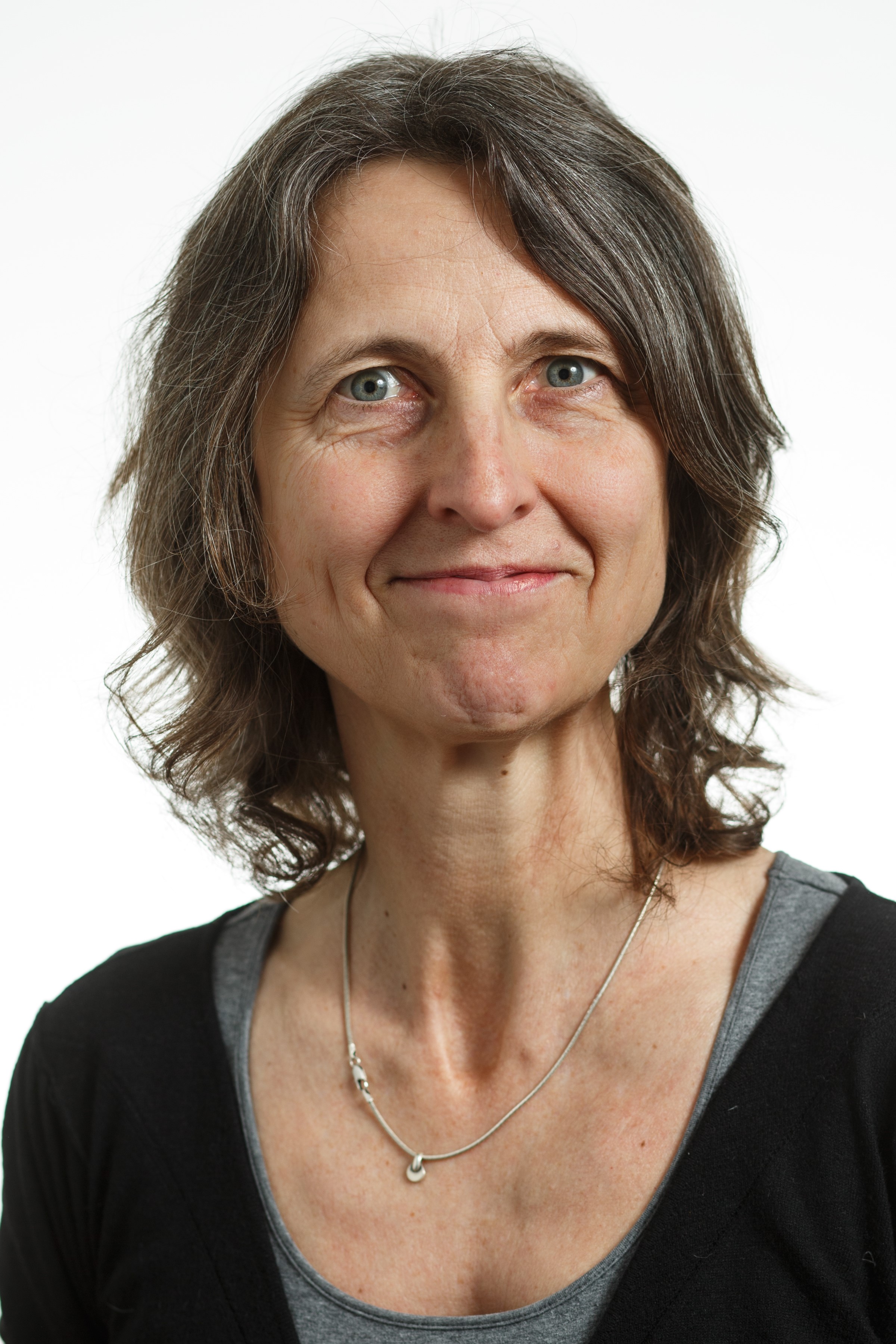New chair of the academic council: The university plays a bigger role than ever
Glass ceilings, fake news and getting out in the big wide world of research. According to Tine Brink Henriksen, professor at the Department of Clinical Medicine and the new chair of the academic council puts it, there is no shortage of work for the council.

The new chair of the academic council, Tine Brink Henriksen, has clicked on the university’s values and reads aloud:
“’Open dialogue, tolerance and diversity... and the universities as one of the pillars of society’. These are important and strong values that we must safeguard, and I see this as the academic council's most important task," says Tine Brink Henriksen, who, in addition to being the new chair of the academic council, is professor of neonatology and consultant at the Paediatric Department at Aarhus University Hospital with overall responsibility for the most poorly infants.
Although the chairmanship is new, the academic council’s tasks are not. Tine Brink Henriksen takes up three of them: Few female professors, often referred to as the diversity issue; the denial of facts - for example in the form of anti-vaxxing; and internationalisation.
"These are familiar challenges. But we’re still waiting for the good solutions," she says before touching on the diversity issue.
Women don’t need to fix the problem themselves
“Everyone should understand that a mix of gender and other differences is the best solution in research contexts. There are lots of women on the health science study programmes but what we need to do is find a solution so they don’t disappear on the way up through the hierarchies. Because we can’t afford that as a society and neither can we defend it. What’s most important here is to understand that it’s not the women who need to fix the problem themselves. On the contrary, what we must do is look into the reasons for the glass ceiling," says Tine Brink Henriksen.
She mentions the wording of job advertisements as an example of an area where something can be done. If the wording is too masculine in style it can scare women away, and she tells of a - in her own words – thought-provoking example in her own department, where a group of employees were tasked with rating their own self-confidence before a learning process:
"Although men and women were equally good beforehand and became equally skilled during the process, the male doctors had more faith in their own abilities than the female doctors to begin with, and perhaps this is also the case in other contexts," says Tine Brink Henriksen.
University > evidence
The fight against fake and scientific facts as a discussion proposal are also items on the to-do-list of the chair of the academic council.
"This is where the university has a vital role in society. We must work to guard the freedom and equality of our citizens and the way to do this is to contribute to a high level of knowledge and health. We live in a time where the media is full of erroneous and false information about the effect or otherwise of vaccines, and here the university can step in with knowledge and corrections – we need the researchers to get involved. Even if that means them standing in the eye of the storm. If that happens, we must help them stand firm. This can also be a job for the academic council."
Growing abroad
Internationalisation is also an area that Tine Brink Henriksen is very involved in. She has spent time working in the USA and Canada, among other places, and knows how beneficial international relations can be. As she says, when it is difficult for AU to attract the big research names, we have to instead find out how to help people from AU grow when they study abroad.
“We’ve got to find out how to make sure people returning home have ‘grown’ while they were away And to find ways of maintaining the collaborations they establish when they’re abroad. Look at the enormous potential we’ve got with the many gifted medical students – we need to get them to study abroad. One of the academic council’s tasks will be to find out how we bring out their potential. "
Before taking over as chair of the academic council, Tine Brink Henriksen sat in her own little ‘world’ as research director. An area in which she has spent many years working with values and strategies. The academic council is a case of upscaling.
"Being on committees, preparing consultation responses and finding a shared understanding are not new for me. Now things are just on a larger scale. I believe that the council has an important role as a link between the management and us who are ‘on the factory floor’. We’re aware of the issues in the research environments and can pass on input. I look forward to making an impact on the bigger picture," says Tine Brink Henriksen.
Contact
Professor Tine Brink Henriksen
Tine.brink.henriksen@clin.au.dk
Mobile: (+45) 2683 2179